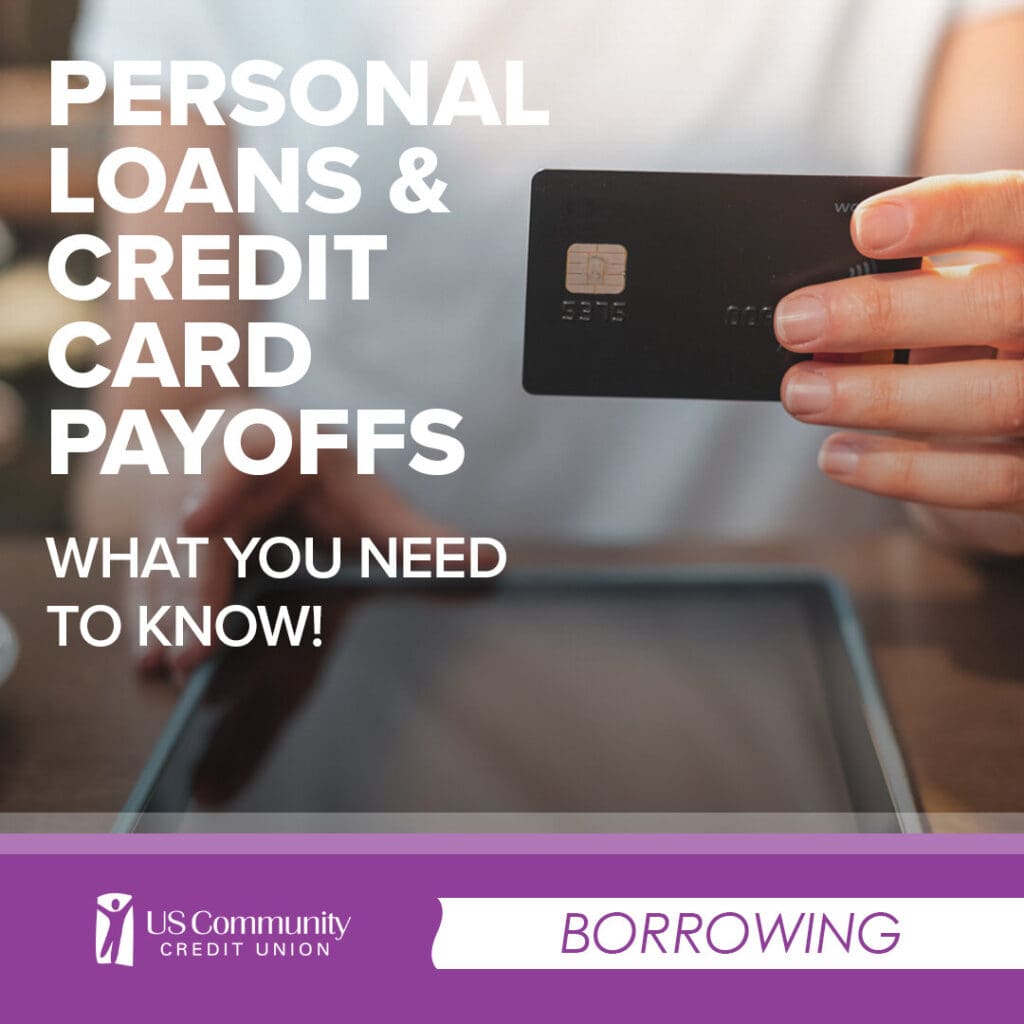
With credit card interest rates ranging between 11% and 22%, it’s no wonder people are looking for alternative ways to manage and pay off their credit card debt. This is where a personal loan might come into play; using a personal loan to pay off your credit card debt can help you manage your overall debt once and for all, if you know how to navigate the pitfalls. Find out what you need to know to use this method effectively to manage your personal debt.
Understand the interest rates and what they cost you.
It makes no sense to consolidate your credit card debt into a personal loan if the interest rates aren’t any more favorable to you than the credit cards you’re currently working to pay off. Personal loan rates can vary, but for someone with good credit, they can be as low as 6%. However, if your credit score is low, you won’t qualify for such a favorable rate, and you might not be getting a better deal than you would with your credit card.
Be careful of payday loan lenders.
While less stringent in their underwriting habits, and typically accompanied by a slightly unsavory reputation, payday loan lenders are more willing to lend to those with questionable credit history than a traditional bank or financial institution—which makes them more attractive to those with low credit scores. The key is to understand the deal: is the interest rate and the terms you’re getting with the payday loan better than the interest rate on the credit card you’re trying to pay off? If not, then it’s not worth the hassle.
Look for fixed rates instead of variable rates.
When you’re shopping for a personal loan, make sure you understand what kind of interest rate you’re being offered. With a fixed rate loan, you’ll be getting a consistent rate over a course of time. With variable rates, you might be able to get a lower rate initially, but you’ll have no control over where the rate goes over the course of the loan. This could drastically affect your ability to repay the loan over time. Most lenders work with fixed rates, but you’ll want to be sure before you sign on the line.
Watch for origination fees, application fees, and prepayment penalty fees.
Unlike a credit cards, personal loans can have an upfront fee charged to the borrower for the servicing and maintenance of the loan, and they may even tack on an application fee. Origination fees can vary by financial institution, so you’ll want to check with your credit union first before shopping around.
Finally, make sure you ask up front about whether there are penalties for paying off the loan early.
If it’s your goal to get your loan paid off as soon as possible, make sure you won’t be hit with hefty fees for doing so.
Using a personal loan to pay off credit card debt doesn’t have to be a headache or a hassle. Just make sure you understand the interest rates and the fees, and whether or not the combination of the terms actually help you climb your way out of debt. Know where to go. It’s a good idea to shop around but consider starting with US Community Credit Union to see what we can do for YOU.